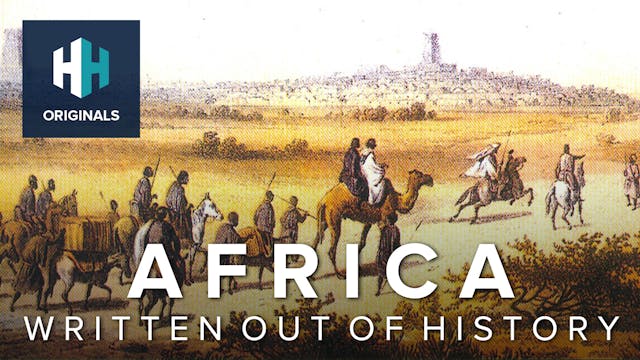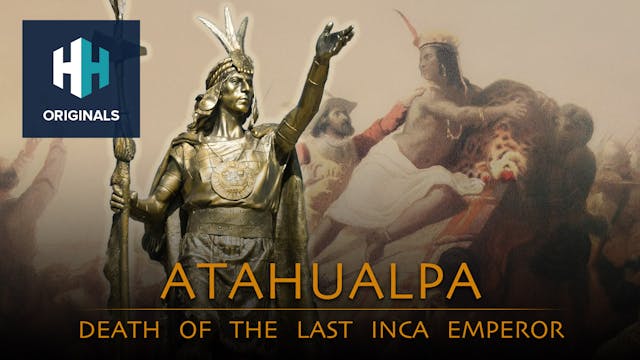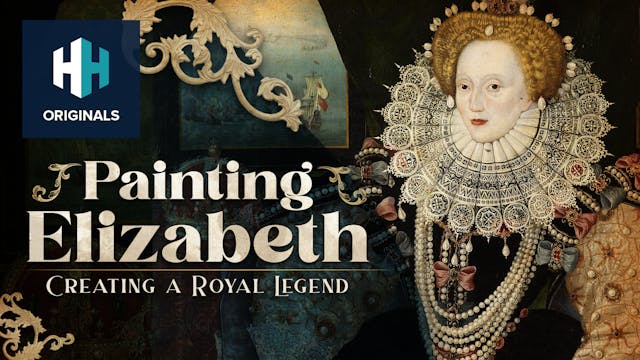Henry VIII: Statesman or Tyrant?
Early Modern
•
15m
On Midsummer's Day in 1509 a 17 year old was crowned king of England. He would go on to transform his realm over almost four decades on the throne. He would revolutionise its religion, reforge its politics and its relations with neighbouring countries, and establish a royal navy. But, by the time he died in 1547, the athletic boy whose cloth and hair was spun with gold had become an obese, temperamental monster. His reputation was that of a brute whose hands were soaked with the blood of the executions he ordered – among them, two of his six wives. The bloody twists and turns of Henry’s career - the marriages, murder and upheavals have captivated people ever since. His critics and defenders have fought to blacken or celebrate his memory. So who was Henry VIII? Man or monster, statesman or tyrant?
Up Next in Early Modern
-
Africa: Written out of History
Historian Luke Pepera looks at how and why the history of Africa was written out of world history. He also explores how and why, as a consequence of this, the history of Africans in Britain was written out of British history.
-
Atahualpa: Death of the Last Inca Emp...
On 26 July 1533, a rope was tightened around the neck of Inca Emperor Atahualpa in the central plaza in Cajamarca in what is now Peru. The general who ordered his execution, Pizarro, is said to have shed a tear as the life drained from the condemned's body. On paper, the man died a Catholic by th...
-
Painting Elizabeth: Creating a Royal ...
Elizabeth I is one of the most iconic figures from British history - her image can be recognised in an instant. But this was no mistake, for Elizabeth’s portraits were an audacious act of spin to cement her image of female majesty. In this documentary, Dr Nicola Tallis and Prof Anna Whitelock tak...



